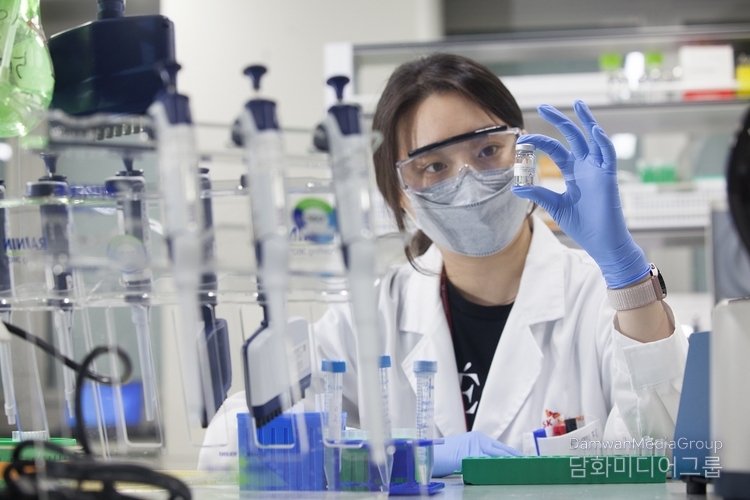By Diplomacy Journal Lee Kap-soo
SK bioscience announced on Oct. 15 that it has submitted a Phase 1/2 clinical trial application in Australia for GBP511, a universal coronavirus vaccine (pan-sarbecovirus vaccine) candidate.
Sarbecoviruses, a subgenus of coronaviruses, include SARS-CoV-2 (COVID-19), the original SARS virus, and related variants. GBP511 is designed to provide broad protection across the sarbecovirus family, moving beyond the strain-specific approach of existing COVID-19 vaccines.

The trial will enroll approximately 500 healthy adults aged 18 and older in Australia, and will evaluate safety and cross-reactive immunogenicity, with topline results expected by 2028.
The GBP511 program was initiated in 2021 with support from the Coalition for Epidemic Preparedness Innovations (CEPI), which provided funding of approximately USD 65 million to advance preclinical research, early-stage clinical trials, and manufacturing process development.
GBP511 builds on SK bioscience’s recombinant protein platform, which was previously validated through the approval of SKYCovione™—the world’s first computer-generated vaccine and Korea’s first domestically developed COVID-19 vaccine—in 2022. The candidate also incorporates the self-assembling nanoparticle design technology from the UW Medicine’s Institute for Protein Design (IPD). SKYCovione demonstrated favorable safety and immunogenicity in global studies, laying the foundation for broader coronavirus vaccine development.
The World Health Organization (WHO) highlighted in its 2022 report “Why do we need a pan-sarbecovirus vaccine?” that the repeated emergence of variants, waning immunity, reinfection risk, and zoonotic spillover emphasize the urgent need for a broad-spectrum coronavirus vaccine.
“Even as the COVID-19 pandemic has eased, related viruses continue to evolve and pose global health risks,” said Jaeyong Ahn, CEO of SK bioscience. “GBP511 is designed to overcome the limitations of strain-specific vaccines by targeting the entire sarbecovirus family. With this approach, we aim to strengthen pandemic preparedness and safeguard against future outbreaks.”
Beyond GBP511, SK bioscience is advancing multiple pandemic-preparedness programs. These include an mRNA-based Japanese encephalitis vaccine currently in Phase 1/2 global studies with CEPI, and a government-backed avian influenza vaccine program launched earlier this year. Together, these initiatives strengthen SK bioscience’s pipeline for responding to future infectious disease threats.







